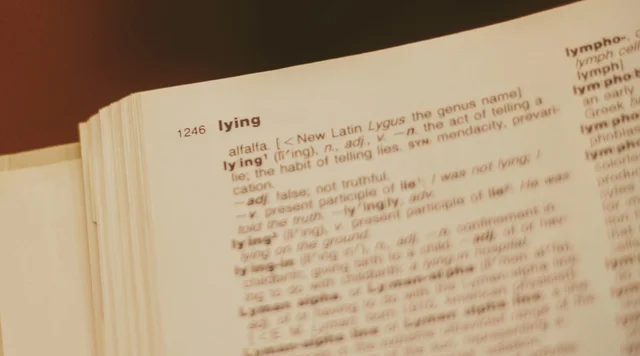
I always think there is something to be learned when the Court is critical of the parties' briefing on an issue.
Today in Magnolia Medical Technologies, Inc. v. Kurin, Inc., C.A. No. 24-1124-CFC (D. Del.), Chief Judge Connolly had strong words for both parties in response to the briefing on a motion to strike.
In its motion, the accused infringer sought to strike the patentee's supplemental interrogatory response served almost five months after the close of fact discovery. The interrogatory response disclosed that one of the patentee's products practices the asserted claims, and the patentee served it three weeks after the FDA approved the patentee's request to market the product.
The accused infringer first argued that the Court should strike the supplemental interrogatory responses based on the language in Chief Judge Connolly's scheduling order requiring a patentee asserting practicing products to identify them in its infringement contentions:
Disclosure of Asserted Claims and Infringement Contentions. Unless otherwise agreed to by the parties, no later than 30 days after the date of this Order, a party claiming patent infringement shall serve on all parties a "Disclosure of Asserted Claims and Infringement Contentions." Separately for each opposing party, the Disclosure of Asserted Claims and Infringement Contentions shall contain the following information:
. . .
If a party claiming patent infringement wishes to preserve the right to rely, for any purpose, on the assertion that its own or its licensee's apparatus, product, device, process, method, act, or other instrumentality practices the claimed invention, the party shall identify, separately for each asserted claim, each such apparatus, product, device, process, method, act, or other instrumentality that incorporates or reflects that particular claim ("Embodying Instrumentality");
Chief Judge Connolly's Form Scheduling Order for Non-Hatch-Waxman Patent Cases in Which Infringement Is Alleged.
In moving to strike, the accused infringer alleged that the amended responses violated this provision. The Court called that "classic legerdemain" because ...





